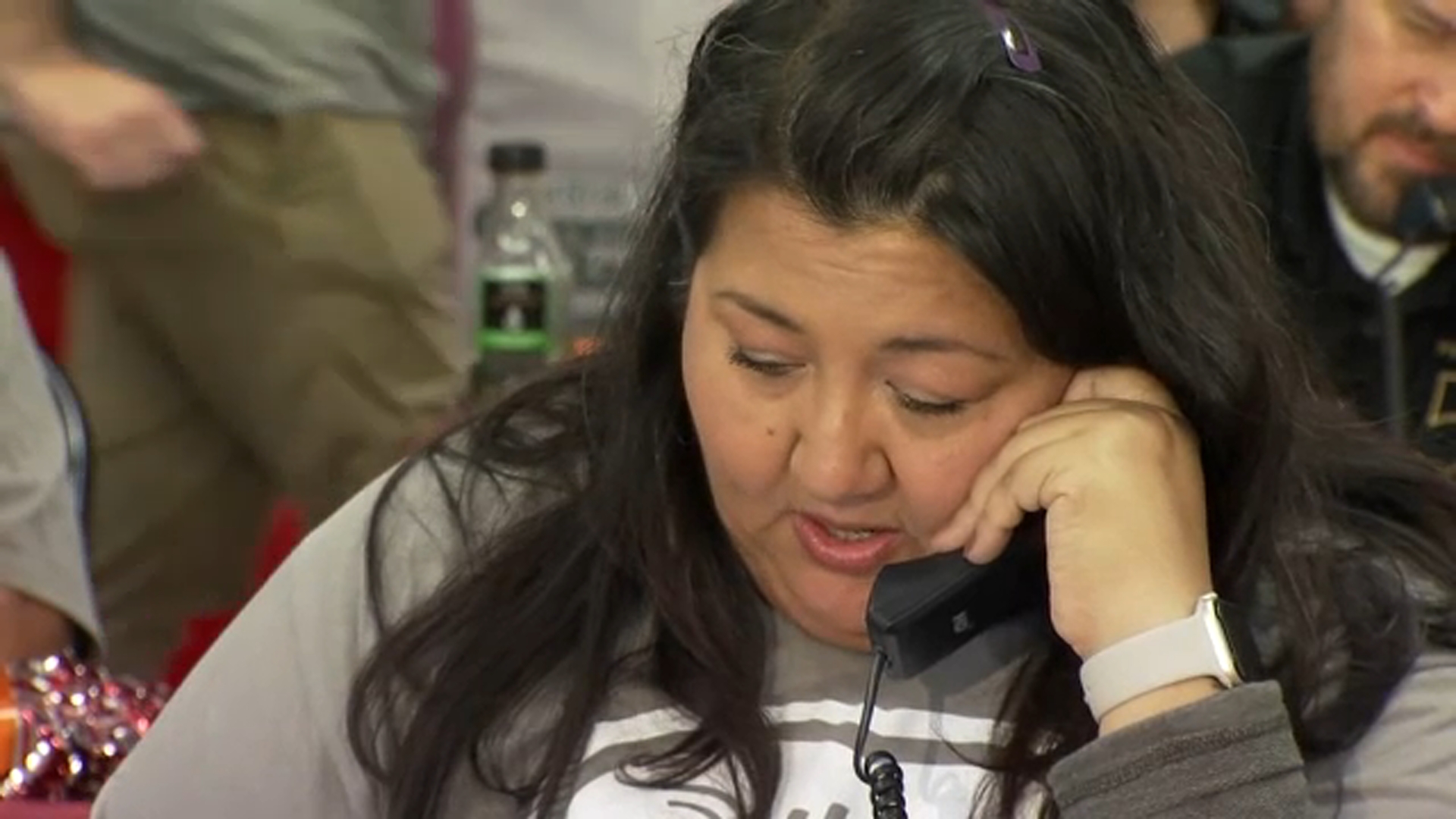Out of Options: New Valve Saves Hearts

CLEVELAND, Ohio (KFSN) -- Tricuspid valve regurgitation is a heart condition that affects about one million Americans. It can lead to heart failure that's difficult to treat. Now, the first patient in the world is getting a brand new device for patients who have run out of options.
A few months ago, 78-year-old Edward Liebler thought he was out of options. Edward's heart was failing and he'd already had four surgeries to fix it.
"Eventually, I began to deteriorate again. Oh, I could hardly walk from one end of my house to the other," Liebler told Ivanhoe.
Liebler had a condition called tricuspid valve regurgitation. His right heart valve was leaking, causing blood to pump backwards. The problem was so bad that another major surgery was out of the question.
Jose Navia, MD, Cardiothoracic Surgeon at the Cleveland Clinic said, "He was really, really at the end of life, actually. So, there's no other option for him to, you know, fix the problem."
But doctors at the Cleveland Clinic offered him one last hope ... a new type of valve replacement under development. Liebler became the first patient in the world to receive the device after the FDA allowed it for compassionate use. Doctors implanted the valve through the jugular vein in Liebler's neck. The new valve replaced his old, leaky valve.
"Right now, the valve is competent, all the blood is going to the normal direction, forward, not backward," Dr. Navia continued.
This procedure only required a small incision in the neck. Recovery was only a couple of days in the hospital compared to at least ten days with traditional open-heart surgery. For Liebler, it was a last-ditch effort that saved his life.
Dr. Navia shared, "It was a really, really good result for him."
"I really feel quite good right now," said Liebler.
The new device has been used on seven more patients. Right now, this technology is only being used in high-risk patients who are too sick for traditional surgery, but doctors hope to test it on heart patients who aren't high-risk in the future.
For More Information, Contact:
Andrea Pacetti, Public & Media Relations
PACETTA@ccf.org
(216) 444-8168









